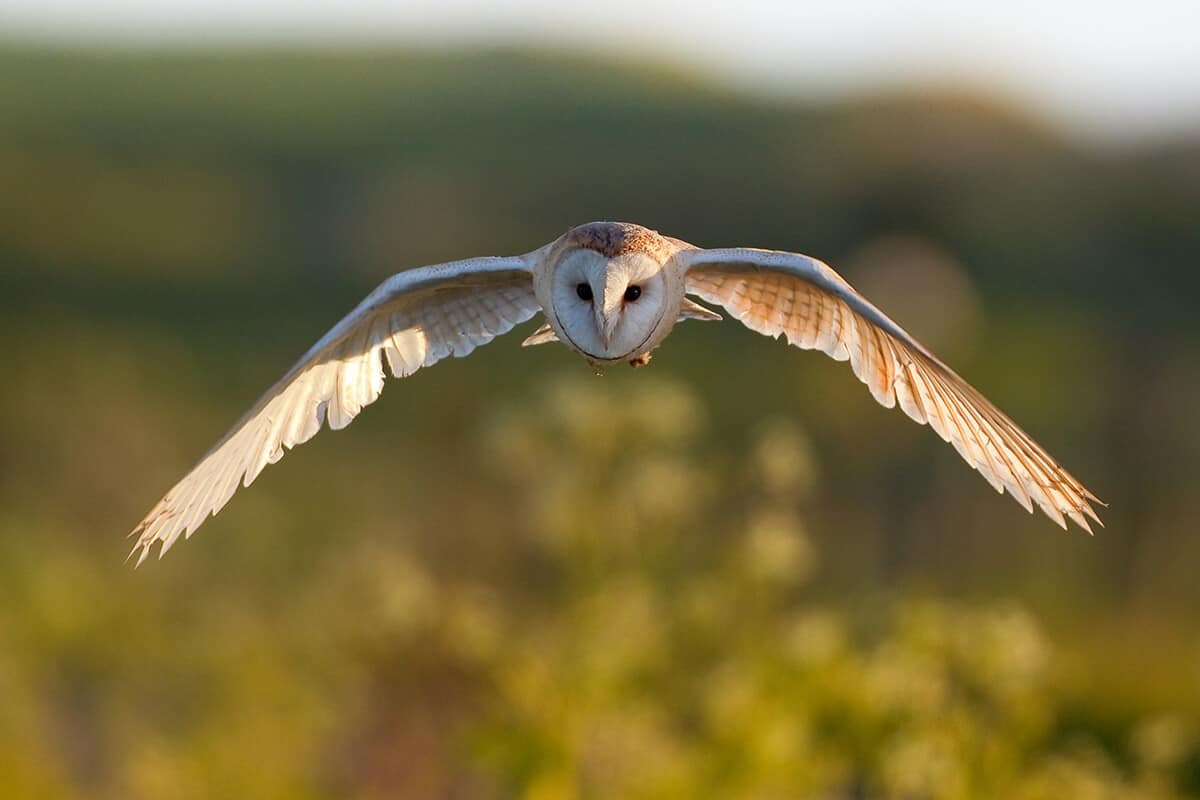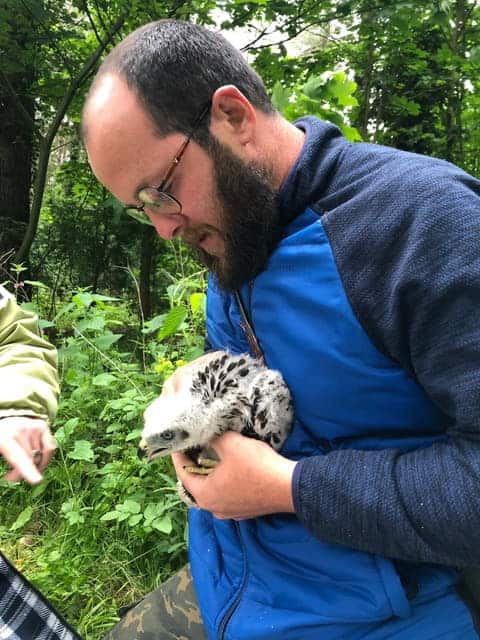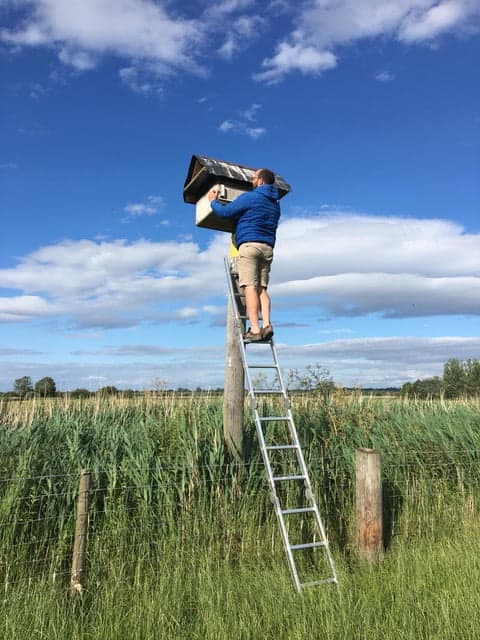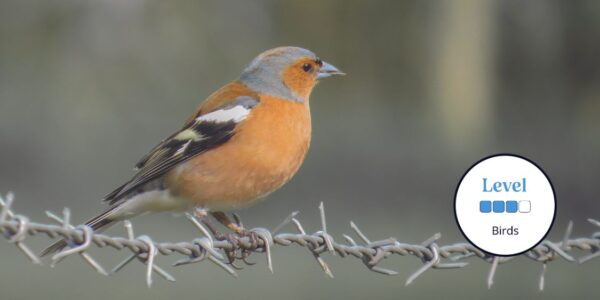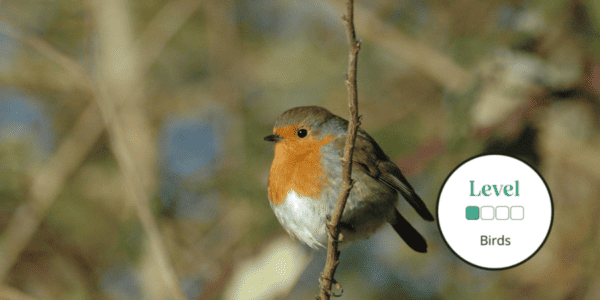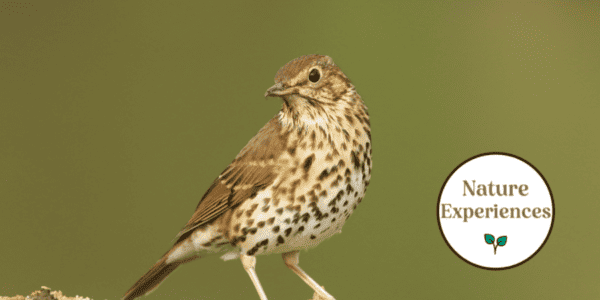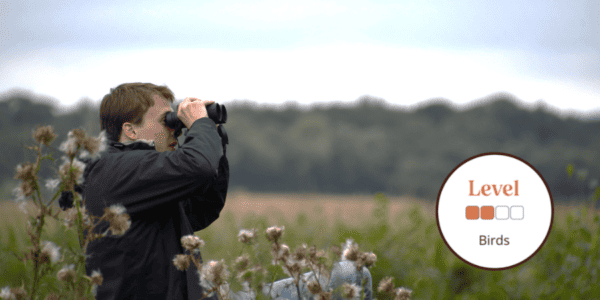This beginner bird course will explore the bird of prey species found on British shores and build on individual clues to help identify each species.
Birds of prey have captured people’s attention and imagination for generations, perhaps more so than any other group of birds.
The course will cover how to identify British birds of prey in detail and some of the common mistakes and misunderstandings that can come from observing birds of prey. We will look in detail at each British species and also the clues and signs that are also left by birds of prey, before putting these lessons into practice out in the field. We will also look at how nest boxes can be used to support the conservation of certain species and how finding and dissecting owl pellets can help us understand not only the species that ate the prey but also the condition of the surrounding habitat and environment. We will also look at the role of citizen science and how individuals can get involved in simple bird of prey conservation and gather scientific information.
Your course will take place in our Malham Tarn centre based in a Georgian fishing lodge situated on the northern shore, surrounded by the 147-hectare Malham Tarn National Nature reserve in North Yorkshire.
PLEASE NOTE the course fee is for tuition only. There is no accommodation provided with this course. If you would like to book accommodation, lunch and an evening meal at Malham Tarn please email [email protected]
This course is designed for anyone who’s had that fleeting or distant glimpse of a bird of prey and wants to be able to identify it.
Who Should Attend?
Nature enthusiasts, Students, Early career ecologists, Citizen scientists, Volunteer surveyors.
Knowledge Level
Beginner. Level descriptors can be found on the following webpage: Framework and Course Level Descriptors
Prior Knowledge
A basic understanding of birds would be beneficial but no specific experience is needed for this course.
What will be covered during this course?
-
- Introduction to British birds of prey – Species profiles
- General identifiable features using video and images
- Habits and behaviours – Species-specific habits and behaviours
- Confusing species – How to separate them
- Signs and clues – What to look for and how to interpret it
- The use of nest boxes and Owl pellet dissecting practical
- Equipment to use and monitoring programmes you can take part in
- Fieldwork – Heading out into the field to put your new skills into practice
By the end of the course, you will be able to:
-
- Describe the range of the species of birds of prey found in Britain
- Separate and identify British birds of prey
- Explain why monitoring this group of birds is important
- Explain how the information gathered can be used scientifically to help support wider environmental and conservation initiatives in the UK
- Share this knowledge with friends, family and fellow volunteers
The course gives you the opportunity to immerse yourself in a new subject and acquire novel skills. Our fantastic tutor will combine the use of classroom-led learning and outside learning opportunities to give individuals the skills and confidence to progress their learning.
-
- See the ‘Example Timetable’ and ‘What’s Included’ sections below for more information about this course.
- Upon booking you will need to provide individual details of all attendees
- Please email [email protected] if you have any questions.
Group Bookings Made Easy
If you have a group of 10 or more individuals wanting to complete one of our courses, our team are available to discuss your options – from discounts to private team courses.
-
- Discounted rates
- Privately run courses for your group
- Bespoke courses developed specifically for your needs
Click here for more information!
If we are unable reach viable numbers for this course, we will inform you of the course cancellation 14 days prior to the course run. We would recommend when purchasing accommodation and/or travel you should take out your own insurance.
Tutor: Jimmi Hill
Jimmi Hill has worked with birds of prey in captivity and the wild since leaving college. He has been monitoring British birds of prey for several years and also holds a current ringing licence under the BTO for birds of prey. He is a member of several Raptor study groups and is the founding trustee of Raptor Aid (www.raptoraid.net), a registered charity dedicated to raising awareness about bird of prey conservation, carrying out talks and conservation projects in the UK and globally. When not thinking about birds of prey he’s probably monitoring them.Book with Confidence
We understand the difficulties of making plans in the current situation when guidelines continue to change, and insurance conditions are being tightened. In response, we will continue to offer additional flexibility. Find out more here
Example Timetable
Example Timetable
This timetable is subject to change but should give a clear outline of what to expect
-
- Please arrive in time for the course to start promptly at 10:00am
- The course will end at 5:00pm
Day 1
| 10:00am | Welcome, H&S, introductions |
| 10:15am | Classroom based session covering
|
| 11:00am | Break – refreshments not provided |
| 11:15am | Classroom based session covering:
|
| 12:30pm | Lunch in the field - not provided |
| 1:30pm | Field Session - putting the skills from the morning session into practice |
| 4:30pm | Return to classroom - plenary and questions |
| 5:00pm | End of day 1 |
Please note accommodation, refreshments and an evening meal are not included
Day 2
| 10:00am | Welcome, recap |
| 10:15am | Classroom session covering:
|
| 11:00am | Break - refreshments not provided |
| 11:15am | Classroom covering:
|
| 12:30pm | Lunch - not provided |
| 1:30pm | Field Session - putting the skills from the morning session into practice |
| 4:30pm | Plenary and final questions |
| 5:00pm | End of course |
What's Included
What’s included?
- Classroom learning covering the theory of the subject
- Field excursions to apply new knowledge
- Expert tuition for which the Field Studies Council is renowned
- Clear objectives and progression
You can rest assured that the absolute best content from an expert in environmental education will be provided. In choosing a Field Studies Council course, you will be joining thousands of people who learn with us each year.
Before You Attend
What to bring:
- Outdoor wear including suitable footwear such as walking boots.
- Binoculars (If learners don’t own a pair please let the centre office know and we will try and provide some).
- A notepad for both classroom and in the field.
- Spotting scope if you have one but this isn’t critical!
- Warm clothes.
- Lunch and refreshments
- Sun cream, insect repellent.
Sorry this course has ended

